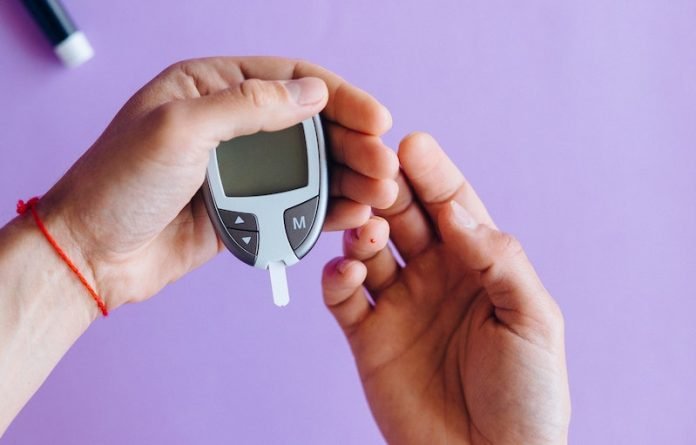
Researchers from the University of Maryland have found that antacids, which are commonly used to relieve heartburn, indigestion, or upset stomach, can also help improve blood sugar control in people with diabetes.
Type 2 diabetes is a widespread public health concern, affecting nearly 10 percent of people worldwide.
While doctors often prescribe lifestyle changes, diabetes medications, or insulin to manage blood sugar, antacids are now being seen as another way to help people with diabetes control their glucose levels.
In a recent study, researchers found that prescribing antacids in addition to standard care was more effective than standard therapy alone in lowering hemoglobin A1c (HbA1c) levels and fasting blood sugar in people with diabetes.
The study included a meta-analysis of seven studies involving 342 participants to examine the effects of proton pump inhibitors (PPIs), a type of antacid medication, on blood sugar levels in people with diabetes.
The researchers found that antacids can reduce HbA1c levels by 0.36% and lower fasting blood sugar by 10 mg/dl in people with diabetes based on the results of the clinical trials.
However, taking antacids did not significantly alter the risk of developing diabetes in people without the disease.
The team advises people with diabetes to be aware that commonly used antacid medications may improve their blood sugar control.
Healthcare providers may consider this glucose-lowering effect when prescribing these medications to their patients.
The study’s findings provide new insight into how antacids can be used beyond their typical use to alleviate digestive issues.
The research was published in the Journal of Clinical Endocrinology & Metabolism and conducted by Carol Chiung-Hui Peng et al.
How to control blood sugar in diabetes
Diabetes is a condition where the body can’t properly manage blood sugar levels.
Controlling blood sugar is important for people with diabetes to avoid complications such as nerve damage, kidney disease, and blindness. Here are some ways to control blood sugar in diabetes:
Diet: Eating a healthy, balanced diet can help control blood sugar levels. This means limiting sugary and processed foods, and instead eating plenty of fruits, vegetables, whole grains, lean protein, and healthy fats.
Exercise: Regular physical activity can help the body use insulin more effectively, which can lower blood sugar levels. Aim for at least 30 minutes of moderate-intensity exercise, such as brisk walking, most days of the week.
Medications: There are various medications that can help control blood sugar levels in diabetes.
These include insulin injections, oral medications that stimulate insulin production or increase insulin sensitivity, and other injectable medications that slow down digestion and the release of glucose into the bloodstream.
Blood sugar monitoring: Regularly monitoring blood sugar levels can help people with diabetes know when their levels are too high or too low, and adjust their diet, exercise, or medication accordingly.
Avoid smoking and excessive alcohol consumption: Smoking can increase blood sugar levels and damage blood vessels, while excessive alcohol consumption can lead to weight gain and high blood sugar levels.
Stress management: Stress can increase blood sugar levels in people with diabetes. Finding healthy ways to manage stress, such as meditation, yoga, or deep breathing, can help control blood sugar levels.
It’s important for people with diabetes to work with their healthcare team to develop a personalized plan for managing their blood sugar levels, as everyone’s needs are different.
If you care about diabetes, please read studies that flaxseed oil is more beneficial than fish oil to people with diabetes, and Stanford study finds drug that prevents kidney failure in diabetes.
For more information about diabetes and health, please see recent studies about the normal blood sugar for people with diabetes, and heavy cannabis use may decrease the incidence of diabetes.
Copyright © 2023 Knowridge Science Report. All rights reserved.



